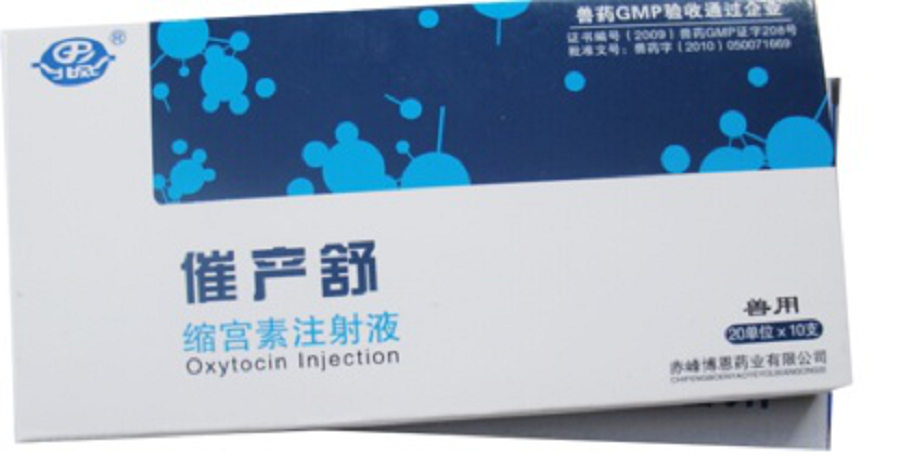The routine postpartum administration of oxytoxin or antibiotics is unnecessary. But if the animals got postpartum problems, we recommend these postpartum care medicines: Oxytocin Injection, Cloprostenol Sodium Injection, Estradiol Benzoate Injection. All the veterinary medicines are GMP certified and has wide market and good reputation in China. we are now engaging in open overseas market with our high quality and enonomic price veterinary medicines.
Postpartum Care Medicine,Professional Postpartum Care Medicine,Health Postpartum Care Medicine,Postpartum Care Nutrition Medicine Jiangxi Institute of Biological Products Inc. , https://www.jxinstitute.com
1, morphological characteristics. When the rice lacks zinc, the main veins have the phenomenon of chlorosis, which expands along the main vein to the leaf margins and are mostly yellow-white. Finally, the entire leaf is brown, the plants are short, the tillers are small, and the roots are slowly extended. In the case of mild zinc deficiency, a small amount of brown spots appeared at the tiller and the old leaves of the base; when the zinc was severely deficient, the rice husks were dwarfed and auburn, and the growth was inhibited. Rice suffers from zinc deficiency, lighter crops, and heavy crops.
2, the reasons for the occurrence. The demand for zinc for rice is very small, and it is a trace element compared with nitrogen, phosphorus, and potassium. Due to the long-term single application of chemical fertilizers, coupled with the loss of soil and water, zinc deficiency in many fields becomes more and more obvious. Therefore, we should pay attention to it.
3, prevention measures. Planting green manure with farm manure. When leveling the land, care should be taken to protect the topsoil, as there are more zinc in the topsoil than in the raw soil below. The application of zinc sulfate base fertilizer is generally about 1 kilogram per mu. Zinc is not easy to move in the soil, so zinc fertilizer should be applied under or next to the seeds, and the surface application effect is poor. When applied, it can be mixed with physiological acid fertilizers, but it should be avoided when mixed with phosphate fertilizers. The soaking was continued for 12 hours with a 0.1% to 0.2% zinc sulfate solution and the roots were soaked with a 1% zinc oxide suspension. The effect was also good. Three-leaf seedling stage, three to five days before transplanting, and five to seven days of transplanting in field can be sprayed with zinc fertilizer at a concentration of 0.1 to 0.2% and sprayed on rice leaves for two to three times. Eliminates symptoms of zinc deficiency.

Zinc is a catalyst for redox processes in plants. It is present in an enzyme that promotes cellular respiration. Zinc also affects the formation of chlorophyll and growth stimulants.